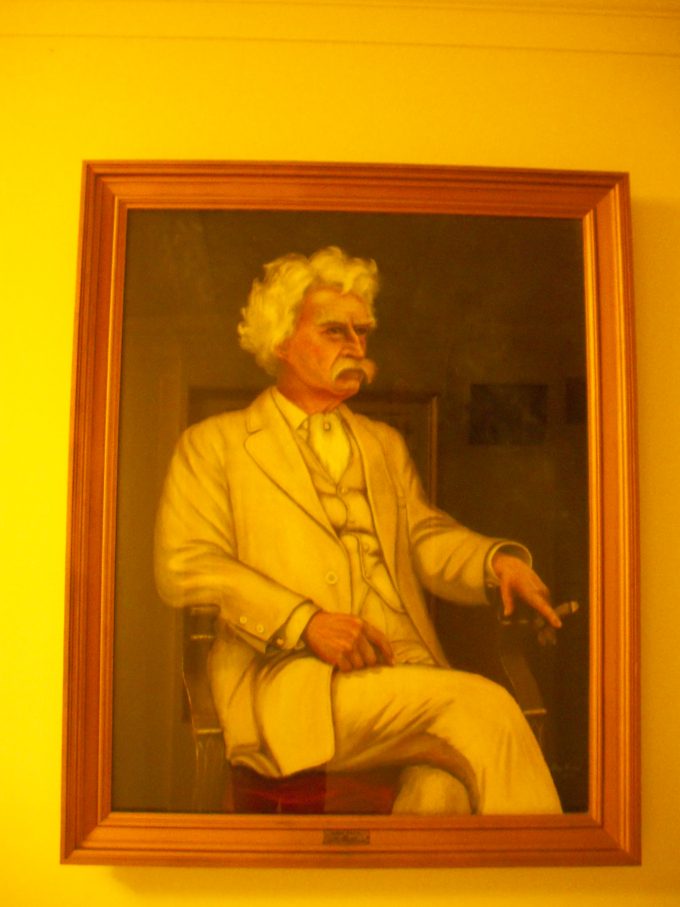
Sunday, 10 December 2017
…not a novice, lest being puffed up with pride he fall into the same condemnation as the devil. 1 Timothy 3:6
Paul continues on with his requirements for an overseer. He says that such a person is not to be “a novice. The Greek word is neophutos. It is only used here in the New Testament, and it is where we get our modern word, neophyte, from. It is a compound word signifying “newly planted.” In other words, it is a recent convert to the faith. A young plant is unable to endure the full effects of the elements. Full sun, strong wind, fierce cold, etc., would easily destroy it. Until a plant has roots deep enough to reach down and hold it fast, it is always in danger of lacking water and withering up. A plant without enough leaves and branches is easily destroyed, it having nothing to spare when it is trampled upon.
Each of these is figurative of a new convert. They don’t have a grounding in the word, they are unable to withstand attacks which come at them, etc. But Paul focuses next on one particular aspect of being young in the faith as an excluding factor for being an overseer. He is not to hold such an office, “lest being puffed up with pride he fall into the same condemnation as the devil.” The Greek words translated as “puffed up” is one which properly means, “to blow smoke,” or “to cloud up the air.” It would then be one which has a cloudy mindset, “meaning a moral blindness resulting from poor judgment which brings further loss of spiritual perception” (HELPS Word Studies).
In the end, the word looks to the sin of pride. A new convert will easily become conceited or arrogant. Here is this little plant with no roots wielding spiritual authority over those which have deep roots and are set in proper doctrine. This can only lead to disaster. This disaster is to fall under “condemnation.” The word “same” is not in the Greek, but is supplied – not wisely – by the translators. The word translated as “condemnation” is not signifying a loss of salvation. Salvation is not the question here. What is being relayed is condemnation in the passive sense. It is, according to the scholar Bengel, “the internal condition of the soul: reproach is opposed to ‘a good report from those that are without,’ and the devil may bring a reproach upon men, he cannot bring them into condemnation; for he does not judge, but is judged.”
In other words, it is the devil’s accusing judgment, and not the judgment which was rendered upon the devil. There is a world of difference between the two. The first is speaking of the devil standing and accusing the person, as he did towards Job. The second would be speaking of the end result of the devil, meaning being cast into the Lake of Fire. It is the former, not the latter, which is being brought to mind here. For the devil to bring accusation against such a person is to then bring disgrace upon the position. In this case, it then brings disgrace upon the Christian faith which stems from Christ. In order to not have this occur, new converts should never be ordained.
Life application: Let us ensure that those ordained within the church are well grounded in Scripture. A thorough examination of overseers must be made, and they must demonstrate that they not only know the principle tenets of the faith, but that they actually adhere to them. Head knowledge does not always signify life-application.
Lord God, help us not to look to those with great head knowledge of Your word, and yet who fail to apply that knowledge to their lives. Also, let us not look to leaders who live properly, but who are unfamiliar with the principle tenets of the Christian faith. To have one or the other, but not both, is a recipe for certain disaster. May we be extremely careful to ordain only men qualified in both ways so that our churches will be free from the many griefs which would otherwise come knocking at the door. Amen.




